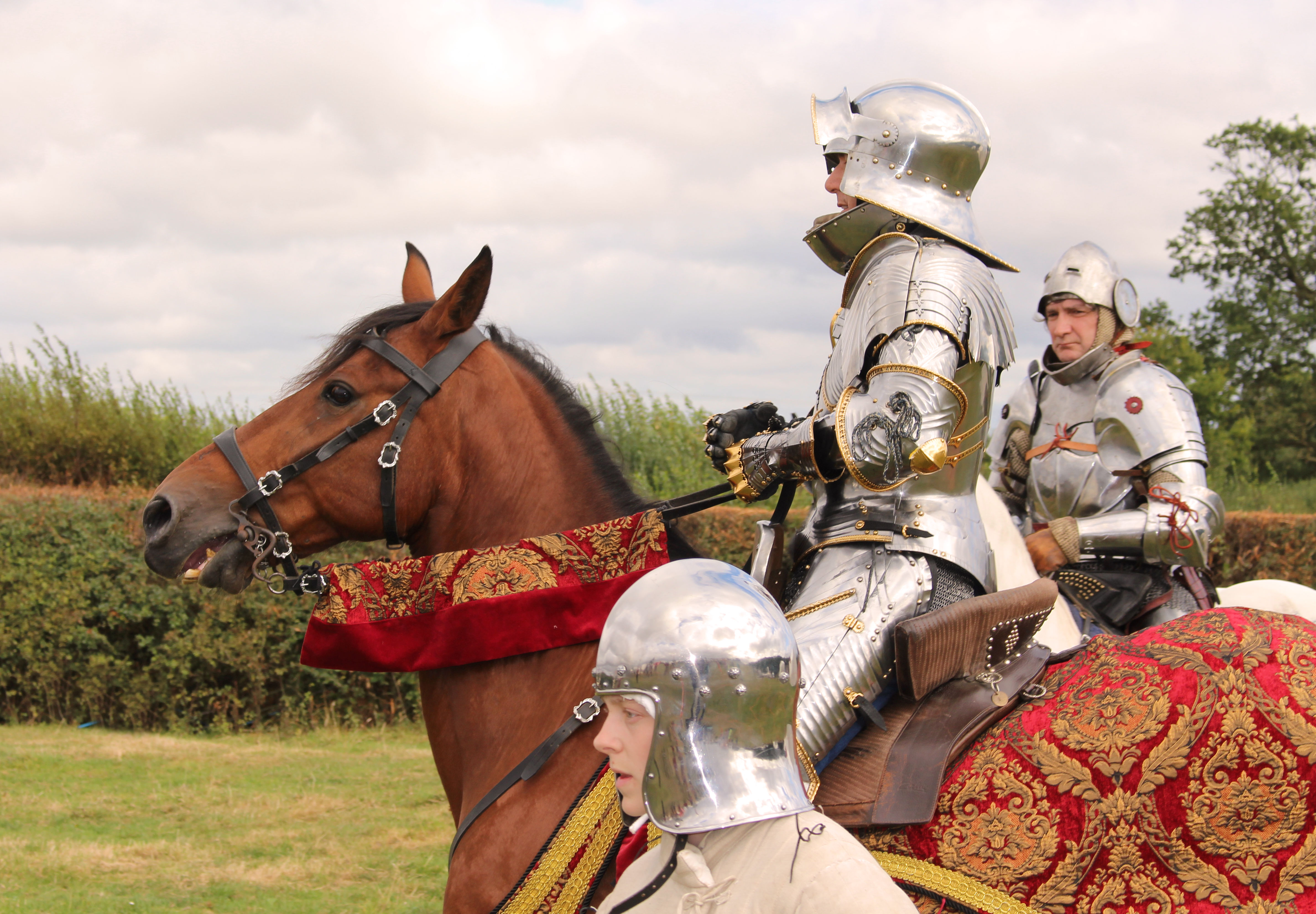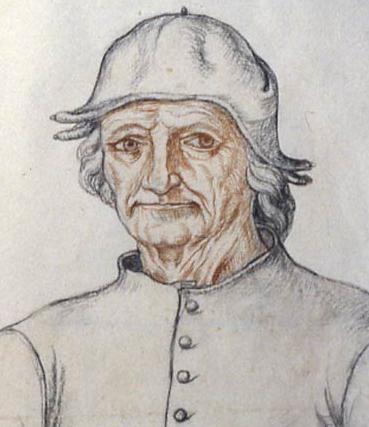On 17th August 1510, the second year of King Henry VIII's reign, Henry VII's former chief administrators, Sir Edmund Dudley and Sir Richard Empson, were beheaded on Tower Hill after being found guilty of treason.
Chronicler Edward Hall records:
"The kynge beyng thus in hys progresse harde euery daye more and more complayntes of Empson and Dudley, wherfore he sent wryttes to the Shynfes of London, to put them in execucion, and so the xvii. day of August, they were both behedded at the Towre hyl, and their bodies buryed and their heades."
There remains were then buried in the London Whitefriars.
Sir Edmund Dudley, father of John Dudley, Duke of Northumberland, and grandfather of Robert Dudley, Earl of Leicester, had served Henry VII as Privy Councillor, Speaker of the House of Commons and President of the King's Council. Sir Richard Empson had served the king as Speaker of the House of Commons and Chancellor of the Duchy of Lancaster. Empson and Dudley had been prominent members of the Council Learned in the Law, a legal council set up in 1495 "to defend Henry’s position as a feudal landlord". HistoryLearningSite.co.uk explains that "It initially dealt with the Duchy of Lancaster and the Chancellor of the Duchy was put in charge of the Council Learned" and that Empson became Chancellor of the Duchy and President of the Council Learned in 1504. Dudley's biographer, S. J. Gunn, writes of how his accounts from the period 9 September 1504 to May 1508 "suggest his role was to manage the king's use of a miscellaneous range of opportunities for financial exploitation of his greater subjects." The Council of the Learned was very unpopular and Empson and Dudley's roles made them a great many enemies.
Henry VII died on 21st April 1509 and Empson and Dudley were arrested on 24th April and taken to the Tower of London. They were accused of plotting to "hold, guide and govern the King and his Council" by assembling men to undertake a coup d'état. This is unlikely to have been true, and historians believe that the men were actually made scapegoats for Henry VII's unpopular financial measures.
While he was in the Tower of London, Edmund Dudley wrote "The Tree of Commonwealth", a treatise of government and society, in the hope of gaining favour with Henry VIII. In it, the tree of polity, or government, was supported by its roots which were the virtues of godliness, justice, truth, concord, and peace. It was meant as advice for the new king, but may never have actually been read by him.




Maybe I’m judging this too much by today’s systems of justice, but Edward Hall writes that while the king was on progress he kept getting a lot of complaints about Dudley and Empson. He ordered their executions, but did they ever have a trial or were they just executed on hearsay? Where was the proof? If they were not guilty of the charge of treason then the judicial system of the day wasn’t taken very seriously They do seem like scapegoats if the charges were trumped up much like Anne Boleyn’s were, in my opinion.
It is believed that because Epsom and Dudley had been unpopular under the late King, Henry Vii, because of extortion and tax collections and his fiscal enforcement especially in London that treason was a pretext. Henry Viii had them executed based on numerous complaints, but in reality they were his father’s servants. It is believed that they were executed because it was a popular thing to do, so yes, they were not innocent but were scapegoats.
But what crime or treason had they committed? They were acting according to law, and merely suffered the political fate of raising taxes. Ask Sunak, who has only been doing it for year. I now see Henry VIII as Boris with the power of capital punishment.
I can’t claim to be an expert on these affairs but these were very different times. My understanding is that Dudley had been engaged in what was much like a protection racket all done with the blessing and direction of Henry Vii. He was in effect the right hand man of a King who might be likened to a Mafia Godfather. When the Godfather died, Dudley was the scapegoat.